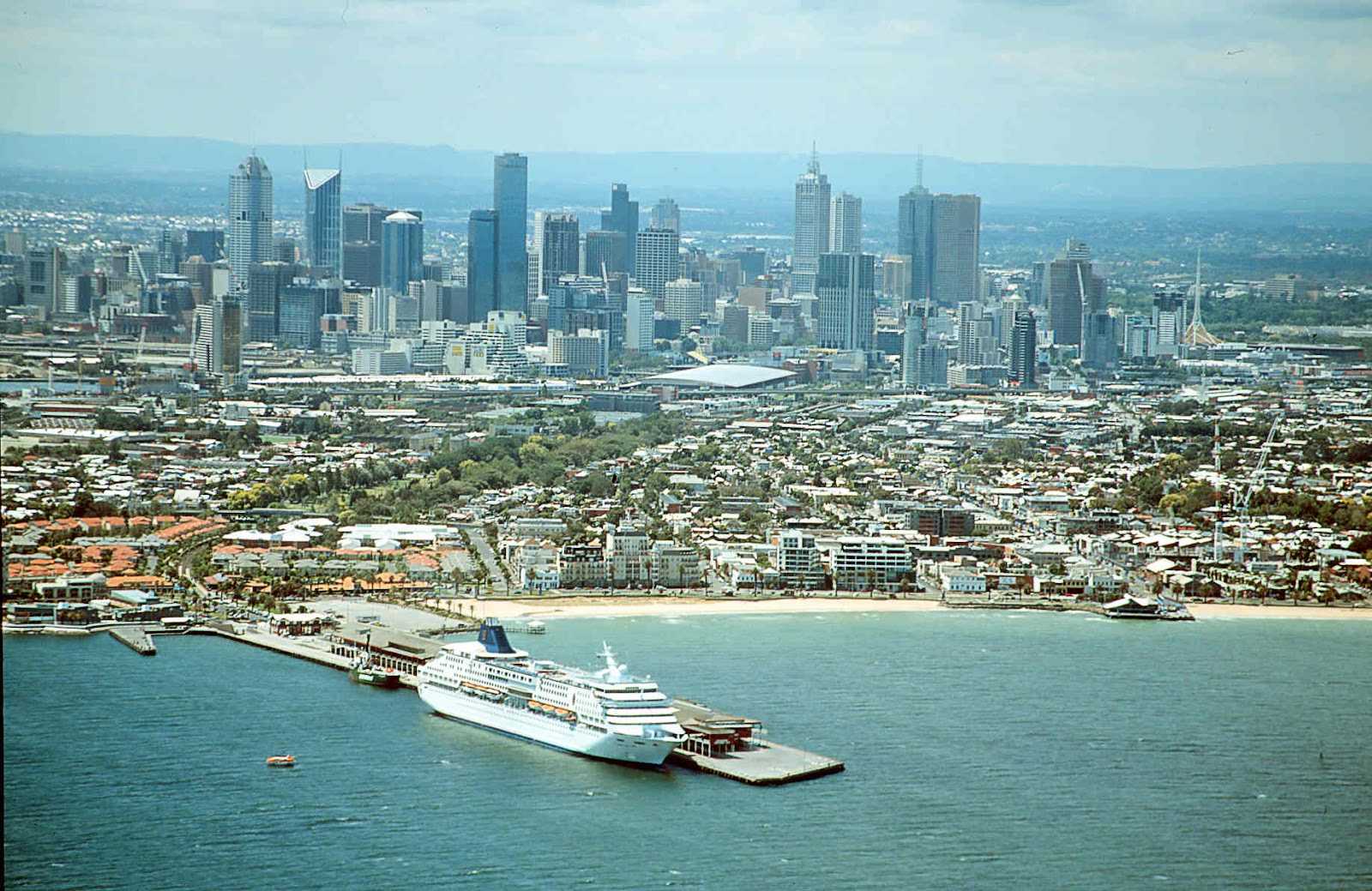Gold Coast experiences sunshine at least 90 per cent of the entire year. However, the best time to visit Gold Coast would have to be May and October. This is due to the weather being warm which is perfect for enjoying the fun activities on the beach and taking boat tours. It is not advisable to visit at the end of January and throughout February. This is because this period is when humidity is predominant, and the city experiences a lot of rainfall. Also, the peak winter season starts from June till August. The mornings are bright, but as the evening comes by the temperature goes down to 11-12 degrees. But thanks to its subtropical position, the weather in this area never gets extremely hot or exceedingly cold and the days are often dry and filled with sunshine.

The time from June to August is the perfect time to visit if you are looking forward to whale watching. The months from November to April are considered the shoulder or low season in terms of tourism in The Gold Coast. However, these months are when you can anticipate obtaining the most economical deals on accommodation and flights due to demand being low. But, keep in mind, you will not be able to enjoy any sort of boat tours or parties happening during the low season. Nevertheless, there is a huge boom in tourism during the holiday season- Christmas and New Year. It is when the entire country as a whole is very crowded. Tourists are informed to make their reservations and bookings much in advance to avoid the last-minute hassle and surging high prices. With all this information, you might get confused about the best time to visit Gold Coast. Gold Coast is a year-round destination appreciated for a broad collection of outdoor activities such as golfing, hot air ballooning, fishing, nature walks etc.

How To Decide The Best Time To Visit Gold Coast?
In terms of weather:
Holidaying within April to May lets you enjoy the most pleasant temperatures and more moderate rainfall which is ideal for making the most of this beach city.
Most Affordable :
The most affordable time to go to Gold Coast is from April to May as it is not in the period of the school summer holidays.
Best Time to Visit the Gold Coast in terms of:
Beaches
The best time to visit the Gold Coast’s sandy beaches is during the period of April and May when all the kids have dropped back in school and are not on summer vacation. Normally during this time, the weather is bright, pleasant but light with moderate rainfall.
Theme parks
If you are thinking to pay a visit any of the five incredible theme parks around Gold Coast, the best time to enjoy the thrills would be within April through to May. The weather is always pleasant while the is hardly any rainfall. Gold Coast is known to be the hub of theme parks with so many diverse and fun options to choose from.
Surfing
It does not matter whether you are an expert in surfing or just starting out and looking to learn. Catch some of the best waves in Gold Coast while you are in the city. It’s the city’s favourite timepass and you have to take surfing lessons as a must-do activity. January to July is the best time to encounter the top quality surfing conditions.
Water sports
There’s no place to top Gold Coast when it comes down to water sports. From April and May is also the most ideal time since you will have the chance to enjoy the brilliant weather at a more affordable cost and lesser flocks of tourists.
In conclusion, Gold Coast is a city to visit at any time of the year. Get packing and make your own Australia itinerary with PickYourTrail or book one of hand-picked Australia holiday packages. Drop a WhatsApp enquiry for more details.
Related Itineraries

Mesmerising 8 Nights Australia Package for Couples
- Flights excluded
- 5 star accommodations
- 4 activities
- Shared transfer
₹ 91,815
Starting price/person

Scenic 9 Days Australia Tour Package from India
- Flights excluded
- 3 star accommodations
- 6 activities
- Shared transfer
₹ 1,91,702
Starting price/person

An ideal 12 night Bali + Australia itinerary for a Honeymoon getaway
- Flights excluded
- 3 star accommodations
- 10 activities
- Shared transfer
₹ 1,22,904
Starting price/person

Magical Whale Watching Australian Tour Package
- Flights excluded
- 3.5 star accommodations
- 5 activities
- Shared transfer
₹ 93,200
Starting price/person

Heavenly 9 Nights Australia Trip with Wine Tours and River Cruise
- Flights excluded
- 5 star accommodations
- 8 activities
- Shared transfer
₹ 1,40,665
Starting price/person

Thrilling 9 Nights Australian Package with Bungy Jump
- Flights excluded
- 3.5 star accommodations
- 8 activities
- Shared transfer
₹ 1,62,483
Starting price/person

Exotic 9 Nights Package with Great Barrier Reef Experience
- Flights excluded
- 3.5 star accommodations
- 9 activities
- Shared transfer
₹ 1,45,026
Starting price/person

Adventurous 10D/9N Gold Coast Australian Tour Package
- Flights excluded
- 3.5 star accommodations
- 10 activities
- Shared transfer
₹ 1,63,825
Starting price/person

Perfect 7 Day Australia Trip for Families
- Flights excluded
- 4.5 star accommodations
- 7 activities
- Shared transfer
₹ 1,07,225
Starting price/person

9 Nights Exotic Australian Holiday Package
- Flights excluded
- 4 star accommodations
- 7 activities
- Shared transfer
₹ 1,17,442
Starting price/person



